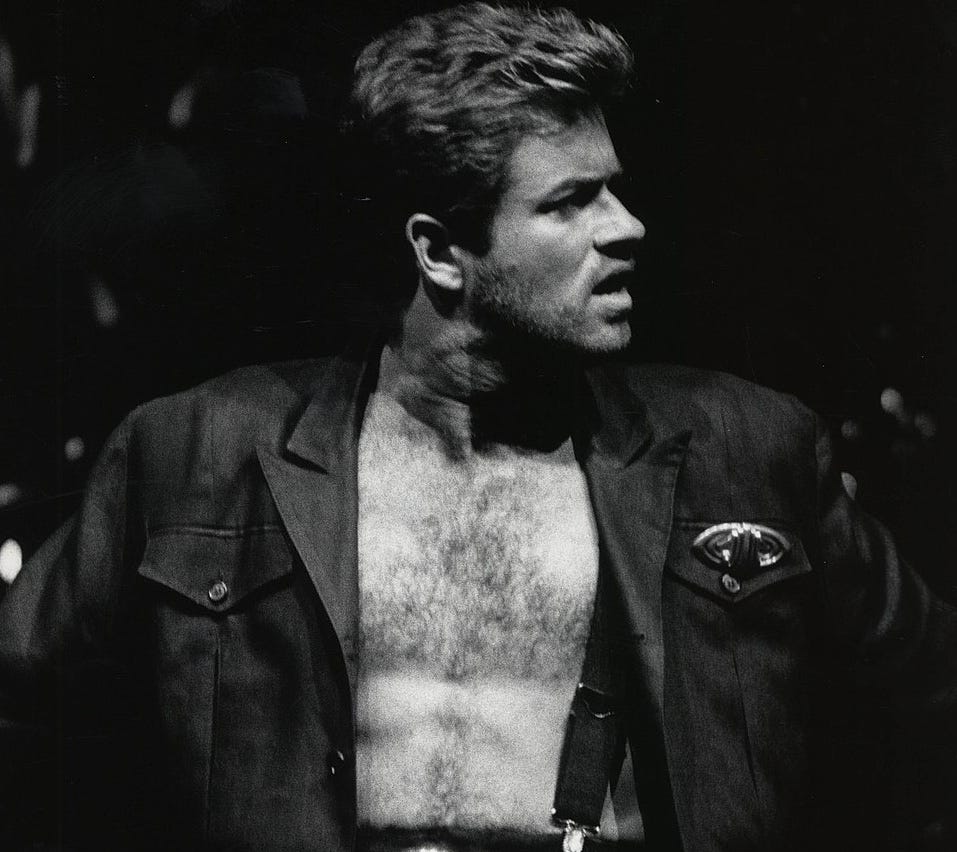I remember having lunch once upon a time with a fun manager of the old-school, refined Englishman variety.
He rather took me aback towards the end of the meal when he started talking about this company his fund had put money into…
You need faith – but you need to back that faith with something real
Previously so understated, my fund manager acquaintance became wildly enthusiastic about this company, speaking with surprising zeal - and passionate volume - about cash flow and profit margins.
I almost wondered if it was the same chap.
“He’s fallen too much in love,” I thought. “He’s never going to be able to sell.”
Then I took stock. “This is one of the most successful fund managers in the business,” I thought. “If I compare my investment success to his, well, he is clearly a lot better at it than I am. But … he’s in love with this company to the point of being delusional.”
It was then that I had a bit of a lightbulb moment about the psychology of being long.
Never mind our refined fund manager. I could just have easily been describing Tesla investors, silver bugs or bitcoin maximalists when I use the word “zeal”.
You need that zeal – or belief – as an investor. If you’re too cynical, you’ll be one of those people who has been declaring since forever that bitcoin or Tesla or whatever “is a bubble”, and you’ll miss out on some of the greatest investment opportunities of our lifetimes.
Then again you need to be cynical too. Otherwise how do you sell?
Bearish articles seem to command a lot more wide nods of agreement – never mind hits – than bullish ones. Bears are hallowed as geniuses when bear markets come around.
Yet bears have also predicted 37 of the last three declines. They’re wrong much more often than they’re not – at least, the permabears are.
There’s a time to be bearish and a time to be bullish. But human beings progress and thus economies tend to grow over time. So the bullish stance tends – over time – to be the correct one.
The key is to be cynical and disbelieving in the face of rubbish investments, and deeply credulous when confronted with not-so-rubbish ones. Easy to say, hard to do.
You’ve got to know when to hold ‘em, know when to fold ‘em, know when to walk away, know when to run, as Kenny Rogers once sang.
How to know? There’s no substitute for knowledge and experience. That’s how to know when to channel your youthful bravado, and when your wizened cynic.
I think we are instinctively bearish. I say that because instinct enables us to evaluate risk and take precautions. There could be a vicious predator in those trees. There probably isn’t, but there might be, so let’s act as though there is – that way we’ll survive. Let’s assume the seas will be rough tomorrow, and have a lifeboat in place.
So how do we overcome our instinctively bearish psychologies in a bull market? If you’re not a 100% technical-driven investor – which is most of us, even if we do stare at charts – how do you stay bullish through a bull market, so that you stay invested and keep riding the thing up?
Belief is the answer. You need some of our fund manager’s belief. But that belief needs to be founded on something. Knowledge.
The more you read, listen to podcasts, and generally do your research, the more you will know. If you can back up your beliefs or theories with hard facts, truth, data and information, then you reinforce them. Your belief is not then superstition or delusional. It is fact-based - “evidence-based” to use the naff expression that is now so commonplace.
How I’m approaching markets right now
How am I applying this in today’s markets?
I was of the mind that there was a major shortage in most commodities, due largely to a decade of underinvestment, and that as a result, prices of energy and metals were going higher. The action in commodities over the last couple of months has shaken that belief.
I could also see that the Russian invasion of Ukraine had panicked prices a lot higher than perhaps they should have gone, given current levels of supply and demand – so we did seem to need a correction. And we got one.
But it’s the sell-off as a result of falling demand from China for metal, as a result of its lockdown, that has surprised me. And the grinding action that has followed.
So I’m back to reading, researching and thinking. Have the facts around this bull market changed? Perhaps a little – but not nearly as much as the price.
Is this ESG, “net zero” transformation still ongoing? There is a growing realisation dawning about how much it is going to cost, but I still think decarbonisation and the electrification of everything remains a huge theme for this decade. That requires a huge amount of metal and energy.
I’m looking at my portfolio of investments. I like what most of the companies are doing. I like how they are going about things. I like the sectors they are in. I can see increasing demand for their products. So I’ve got very little I want to sell – not at current prices, at least.
Should I buy more, then? Ach, I’m exposed enough as it is.
I’m deeming this a correction in an ongoing bull market, rather than the end of the bull. But just the fact that I’ve used the word “deemed” expresses doubt. Maybe I need to consume some more bull food, to get those beliefs a bit more entrenched.
Like that fund manager – whose company went up 10x, by the way.













